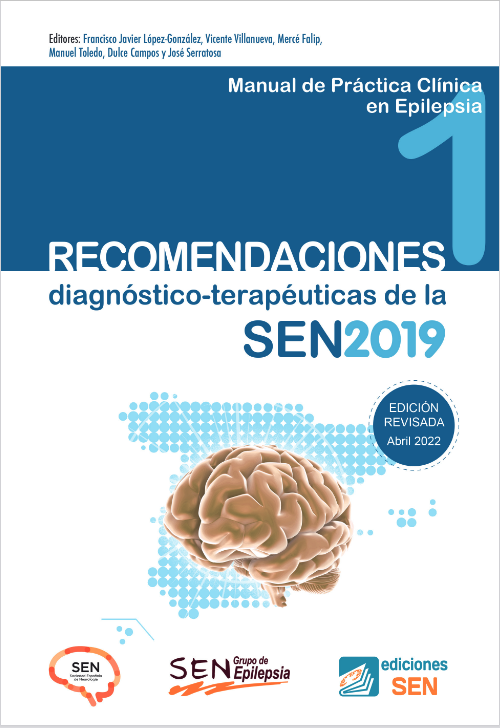El Grupo de Estudio de Epilepsia de la SEN organizará del 8 al 10 de junio de 2023 la XV Reunión Extraordinaria en Barcelona. Los coordinadores de la reunión son el Dr. Juan Luis Becerra Cuñat y el Dr. Juan José Poza Aldea.
La reunión contará con un curso previo, II Curso teórico-práctico de EEG en adultos para el neurólogo general: descifrando “Las Rayas”, que comenzará el 8 de junio y está coordinado por la Dra. Xiana Rodríguez Osorio. Si está ...
Seguir leyendo →ABR


